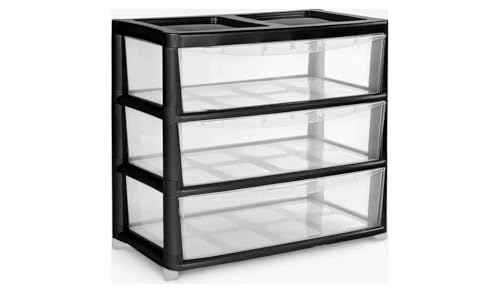




When it comes to cleaning our dishes, most of us reach for a bottle labeled either “washing-up liquid” or “dish soap.” While these two terms are often used interchangeably, are they really the same thing? In this article, we will explore the differences between washing-up liquid and dish soap, and explain why it matters.
Washing-up liquid and dish soap are both used to clean dishes, but there are some key distinctions between the two. Washing-up liquid, also known as dishwashing liquid, is specifically formulated for use in a sink or basin with water. It is designed to create a rich lather that effectively removes grease and food residue from dishes, pots, and pans. Dish soap, on the other hand, is a concentrated form of detergent that is typically used in a dishwashing machine.
One of the main differences between washing-up liquid and dish soap is their composition. Washing-up liquid is usually mild and gentle on the skin, as it is meant to be used by hand. It often contains natural ingredients, such as plant-based surfactants, that are less likely to cause irritation. Dish soap, on the other hand, is a more potent detergent that is specifically formulated to remove tough stains and grease. It may contain stronger chemicals that can be harmful if ingested or applied directly to the skin.
So, while washing-up liquid and dish soap may seem similar, they are actually quite different in terms of their intended use, composition, and effectiveness. It is important to use the right product for the job to ensure clean and hygienic dishes. Whether you prefer washing-up liquid or dish soap, make sure to follow the instructions on the bottle and take proper precautions to protect your skin and health.
Washing-Up Liquid vs. Dish Soap – Are They Different?
When it comes to cleaning dishes, many people use the terms “washing-up liquid” and “dish soap” interchangeably. While they may seem similar, there are actually a few key differences between the two.
1. Composition
One major difference between washing-up liquid and dish soap is their composition. Washing-up liquid, also known as dishwashing liquid or dish detergent, is specifically formulated to remove grease and food residue from dishes. It usually contains surfactants, which are compounds that lower the surface tension between water and oil, making it easier to dissolve grease and remove food particles.
Dish soap, on the other hand, is a broader term that encompasses a wider range of products used for cleaning dishes. This can include washing-up liquid, but it can also refer to solid soap bars, dishwasher detergent, and even liquid soaps not specifically formulated for dishes.
2. Foaming Ability
Another difference lies in their foaming ability. Washing-up liquid tends to produce more foam than dish soap. This is because more foam can help to lift and suspend grease and food particles, making it easier to clean dishes. Dish soap may produce less foam, but it can still effectively clean dishes without the need for excessive suds.
3. Scent and Varieties
Washing-up liquid and dish soap also differ in terms of scent and variety. Washing-up liquids often come in a variety of scents, such as lemon, orange, or lavender. These scents can provide a pleasant aroma while cleaning dishes. Dish soaps, on the other hand, may not offer as many scent options, as they are designed to focus more on cleaning power rather than fragrance.
4. Marketing and Labels
Lastly, the terms “washing-up liquid” and “dish soap” can vary depending on the region or country. In some parts of the world, the term “washing-up liquid” is more commonly used, while in others, “dish soap” is the preferred term. It is important to check product labels and descriptions to ensure that the product meets your cleaning needs.
In conclusion, while washing-up liquid and dish soap are similar in their purpose of cleaning dishes, they differ in their composition, foaming ability, scents, and regional terminology. Whether you choose to use washing-up liquid or dish soap, both options can effectively clean your dishes and leave them sparkling.
Understanding the Terminology
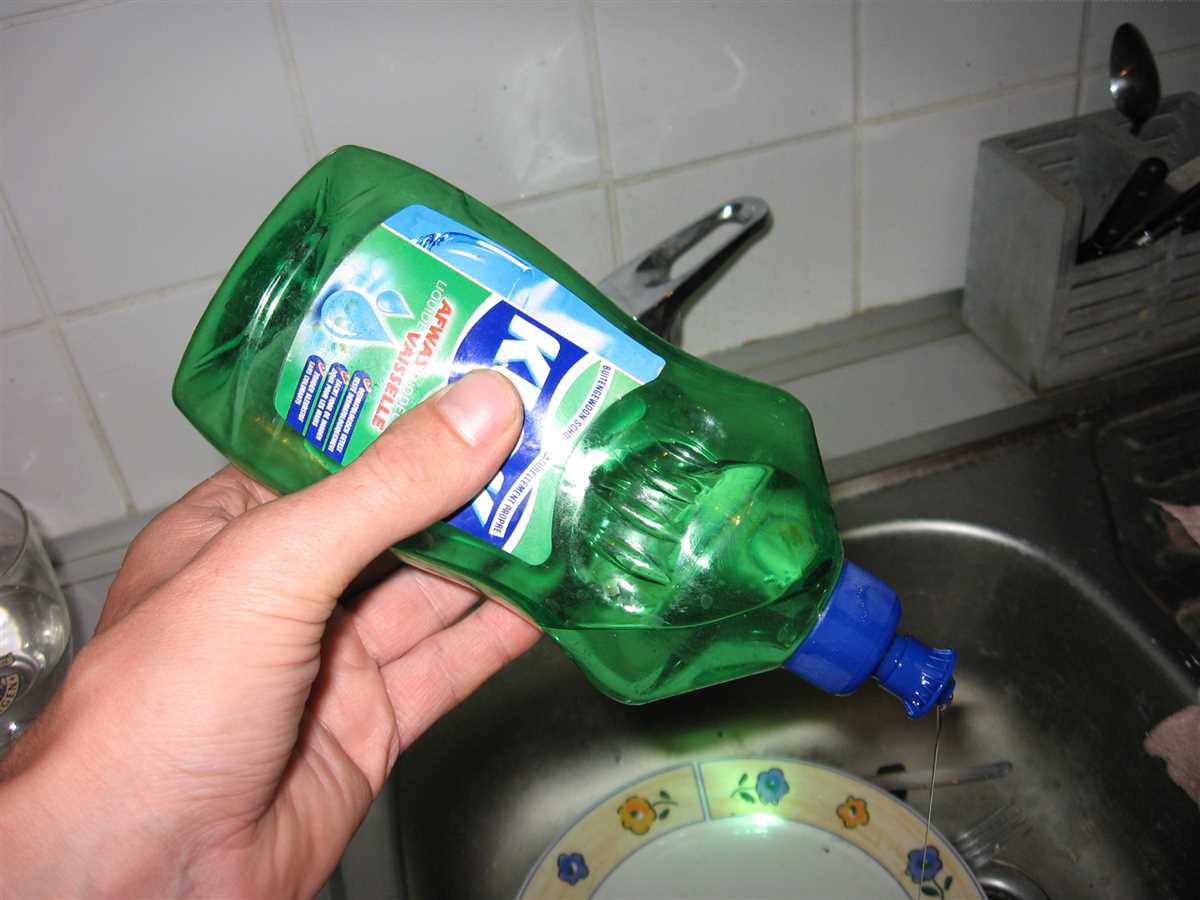
When it comes to washing dishes, the terminology used can sometimes be confusing. People often use the terms “washing-up liquid” and “dish soap” interchangeably, assuming that they are the same thing. However, there are slight differences between the two.
Washing-Up Liquid
Washing-up liquid, also known as dishwashing liquid or dish detergent, is a type of soap specifically formulated for handwashing dishes. It is designed to cut through grease and remove food particles, leaving dishes clean and shiny. Washing-up liquid is typically used in conjunction with warm water and a sponge or dishcloth.
- Washing-up liquid is usually available in liquid form, with a thick consistency.
- It often comes in different fragrances or unscented options.
- Washing-up liquid can be used for other cleaning tasks, such as washing countertops or removing stains from fabric.
- Some washing-up liquids may contain added ingredients, such as antibacterial agents or moisturizers.
Dish Soap
Dish soap, on the other hand, is a broader term that encompasses a wider range of cleaning products used for washing dishes. It includes not only washing-up liquid but also other types of cleaning agents, such as dishwasher detergent or automatic dishwashing soap. Dish soap can be used in both handwashing and machine dishwashing.
- Dish soap is available in various forms, including liquid, powder, gel, or tablets.
- It is specifically formulated to remove tough stains, bacteria, and odors from dishes.
- Dish soaps for machine dishwashing are designed to work with the high temperatures and water pressure of dishwashers.
- Automatic dishwashing soaps may contain phosphates or enzymes to aid in the cleaning process.
While the terms “washing-up liquid” and “dish soap” are often used interchangeably, it is important to understand the specific terminology and differences between the two. Whether you prefer handwashing or machine dishwashing, choosing the right product will ensure efficient and effective cleaning of your dishes.
Composition and Ingredients
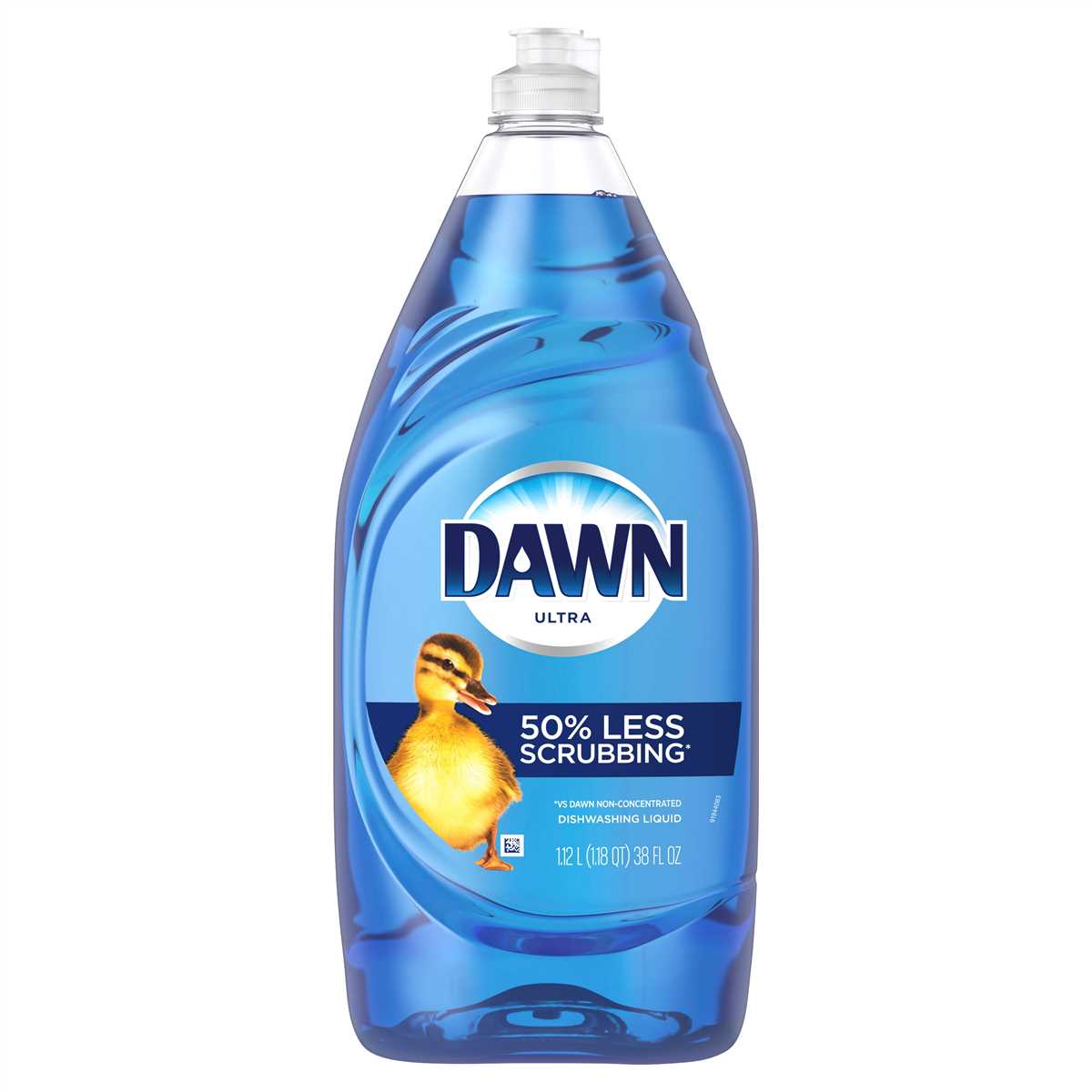
The composition and ingredients of washing-up liquid and dish soap may vary slightly depending on the brand and formula. However, both products generally contain similar components that help in cleaning and removing grease from dishes.
Surfactants
Surfactants are the primary active ingredients found in both washing-up liquid and dish soap. They help to break down grease and oil by reducing the surface tension between the water and the oil molecules. This allows the detergent to penetrate and remove the grease effectively.
Fragrance
Many washing-up liquids and dish soaps are scented to provide a pleasant smell while doing dishes. The fragrances used can vary depending on the brand and formula, ranging from citrus and floral scents to more generic clean and fresh smells.
Preservatives
To maintain the shelf life of washing-up liquid and dish soap, preservatives are added to prevent the growth of bacteria, mold, and fungi. This helps to ensure the product remains effective and safe to use over time.
Thickeners
Thickeners are added to washing-up liquid and dish soap to improve their viscosity and provide a more gel-like consistency. This helps to prevent the product from running off surfaces too quickly and allows it to cling to dishes, enhancing its cleaning power.
Colorants
Colorants are sometimes added to washing-up liquids and dish soaps to give them a visually appealing look. These colorants are typically food-safe dyes or pigments that do not impact the product’s cleaning performance.
Other Ingredients
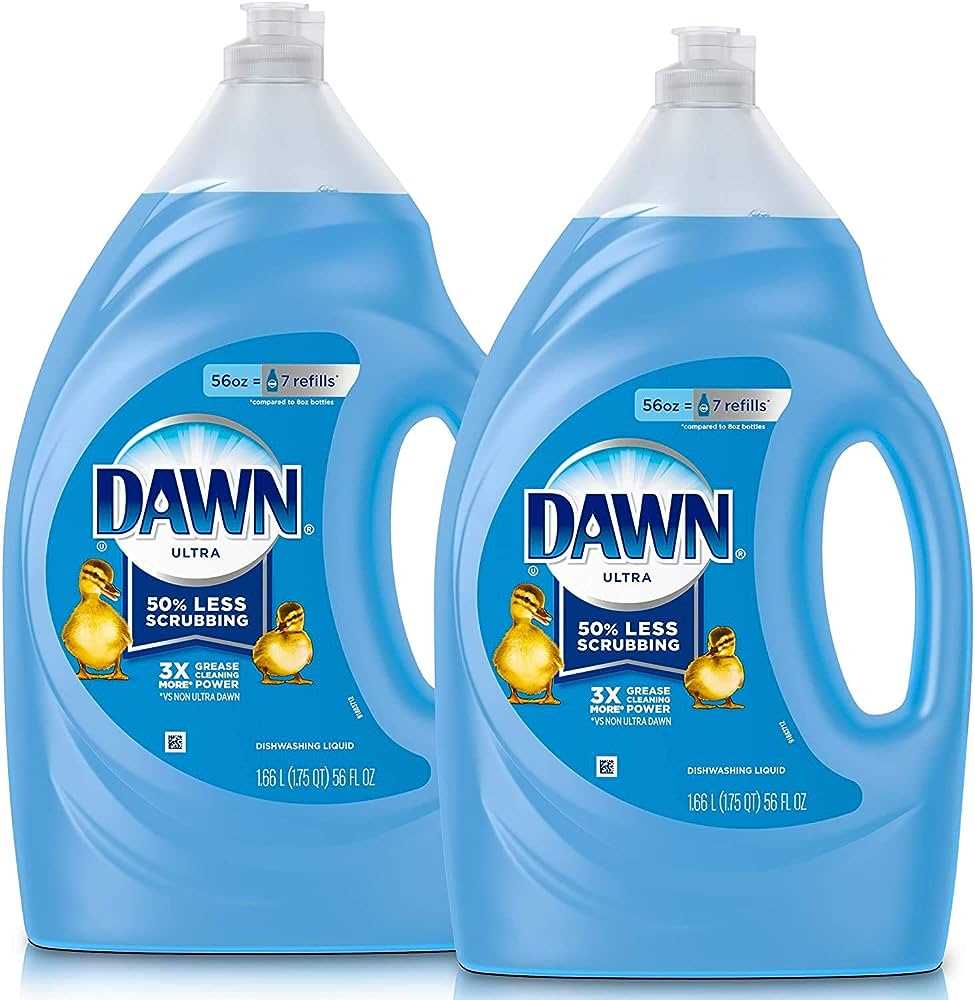
In addition to the main components mentioned above, washing-up liquids and dish soaps may contain other additives, such as enzymes, pH adjusters, and antibacterial agents. These ingredients can provide additional cleaning power or specific benefits, depending on the product’s intended use.
- Enzymes: Some dish soaps may contain enzymes that help break down tough stains and food residues.
- pH Adjusters: These ingredients help to maintain the optimal pH level of the product for effective cleaning.
- Antibacterial Agents: Some washing-up liquids and dish soaps may include antibacterial agents to kill bacteria and prevent the growth of harmful microorganisms on dishes.
Cleaning Power and Effectiveness
When it comes to cleaning power and effectiveness, washing-up liquid and dish soap are quite similar. Both products are designed to remove grease, grime, and food residue from dishes and kitchen utensils. They are formulated with surfactants that help to break down and remove oils and fats.
However, there are some minor differences in terms of their cleaning power. Washing-up liquids typically have a higher concentration of surfactants compared to dish soaps, which means they may be more effective at cutting through tough grease and stains. They also often contain additional ingredients such as enzymes or degreasers that can enhance their cleaning power.
Dish soaps, on the other hand, are generally milder and more gentle on the skin. They are often formulated with ingredients that help to moisturize and protect the hands. While they may not be as powerful in cutting through heavy grease or stubborn stains, they are still effective for everyday dishwashing tasks.
In terms of effectiveness, both washing-up liquid and dish soap can effectively clean dishes and remove food residues. However, the choice between the two may depend on personal preference, the level of grease and dirt on the dishes, and the specific cleaning needs.
Applications and Uses
Washing-up liquid and dish soap have a wide range of applications and uses, making them essential products in every household. Here are some of the common applications and uses of these cleaning agents:
Cleaning Dishes
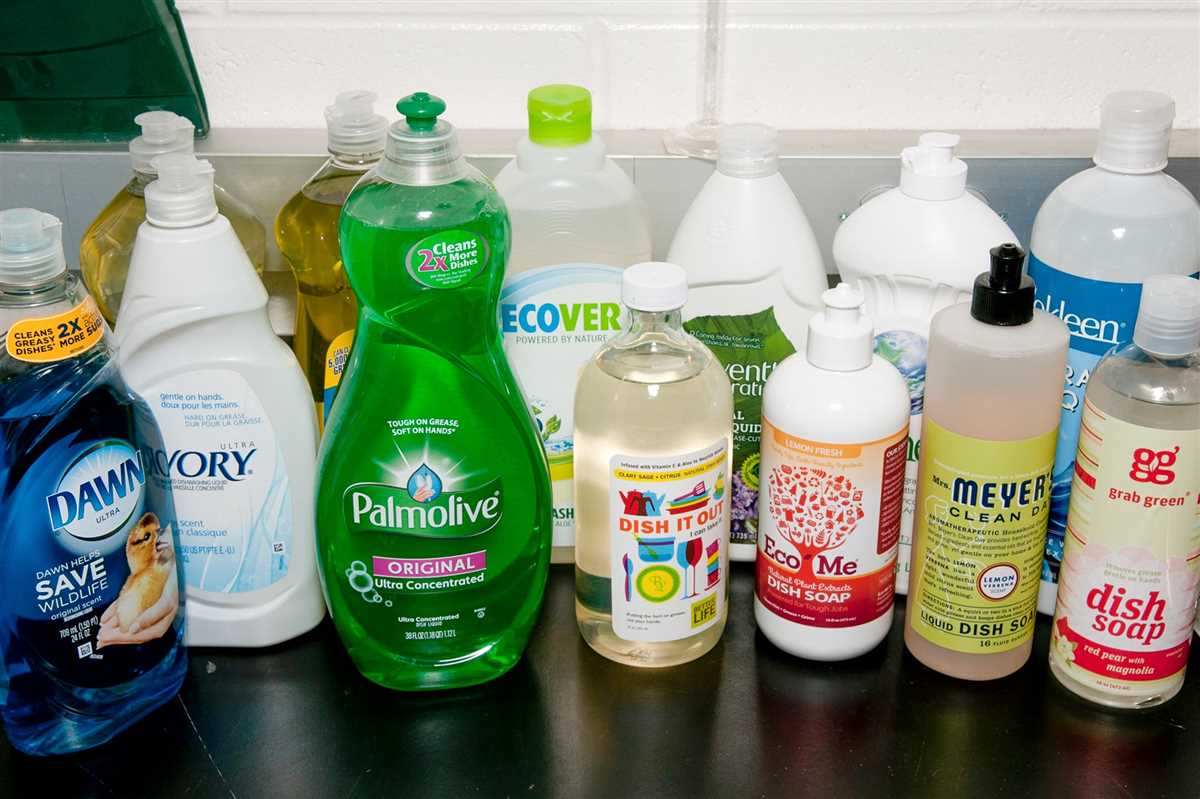
The primary and most obvious use of washing-up liquid and dish soap is for cleaning dishes. They are designed to effectively remove grease, grime, and food residues from plates, glasses, cutlery, and cookware. Their powerful formula helps to cut through tough stains and leave dishes sparkling clean.
Removing Stains from Clothing
Did you spill something on your favorite shirt? No worries! Washing-up liquid and dish soap can be used to remove stains from clothing. Simply apply a small amount of soap directly to the stain, gently rub it in, and let it sit for a few minutes. Then, rinse the garment with cold water and wash it as usual. This method works well for grease, oil, and food stains.
Cleaning Kitchen Surfaces
Washing-up liquid and dish soap are excellent for cleaning kitchen surfaces, such as countertops, sinks, and stovetops. Their powerful cleaning properties help to remove grease, residue, and grime, leaving surfaces clean and shiny. Dilute a small amount of soap in water, apply it to the surface, and wipe it clean with a cloth or sponge.
Cleaning Appliances
These cleaning agents are also useful for cleaning appliances, including ovens, microwaves, and refrigerators. Their grease-cutting formula helps to remove stubborn grease and food residues, making appliance cleaning a breeze. Dilute the soap in water, apply it to the surface of the appliance, and wipe it clean with a cloth or sponge.
Handwashing Delicate Items
Washing-up liquid and dish soap can be used for handwashing delicate items, such as fine china, glassware, and delicate fabrics. Their gentle formula helps to clean and protect these items without causing any damage. Simply dilute the soap in water, soak the delicate item for a few minutes, gently scrub if necessary, and rinse thoroughly.
Outdoor Cleaning
These cleaning agents are not limited to indoor use only. They can also be used for outdoor cleaning tasks, such as washing garden furniture, cleaning outdoor grills, and removing stains from patio surfaces. Dilute the soap in water, apply it to the desired surface, scrub if necessary, and rinse thoroughly.
Other Uses
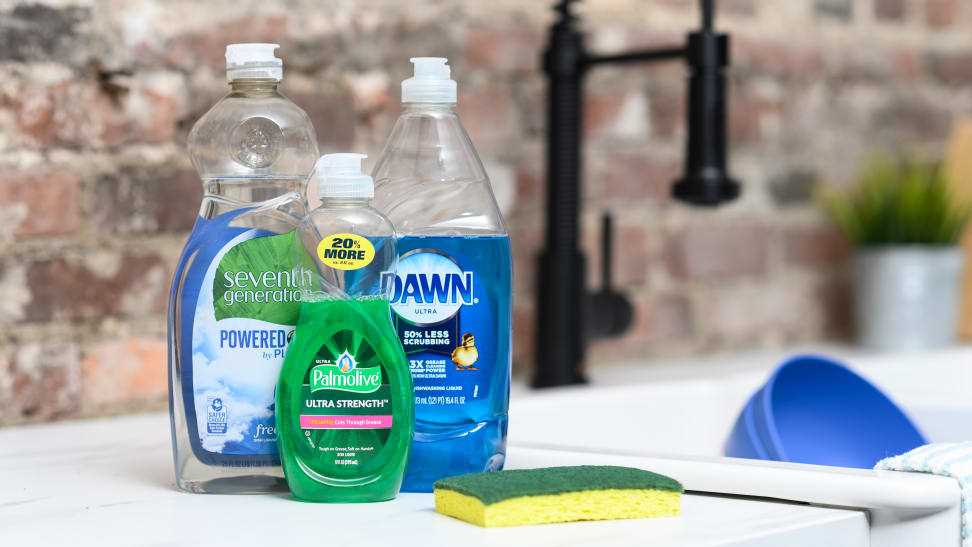
Aside from the above-mentioned applications, washing-up liquid and dish soap have several other uses, including:
- Removing grease stains from carpets or upholstery.
- Pre-treating laundry stains.
- Cleaning makeup brushes.
- Removing adhesive residue.
- Washing hands.
- Cleaning paintbrushes.
- Washing windows and mirrors.
With their versatility and effectiveness, washing-up liquid and dish soap are indispensable cleaning agents that can be used for various applications and tasks around the house.
Environmental Impact and Sustainability Factors
When comparing washing-up liquid and dish soap, it is important to consider their environmental impact and sustainability factors. Both products can have significant effects on the environment, and choosing the more sustainable option can make a difference.
Packaging
Packaging is one aspect that can contribute to the environmental impact of washing-up liquid and dish soap. Many brands use plastic bottles that end up in landfills and take years to decompose. Some companies have started offering refillable options, which can help reduce waste. When choosing a product, look for those with minimal or recyclable packaging to minimize their environmental footprint.
Ingredients
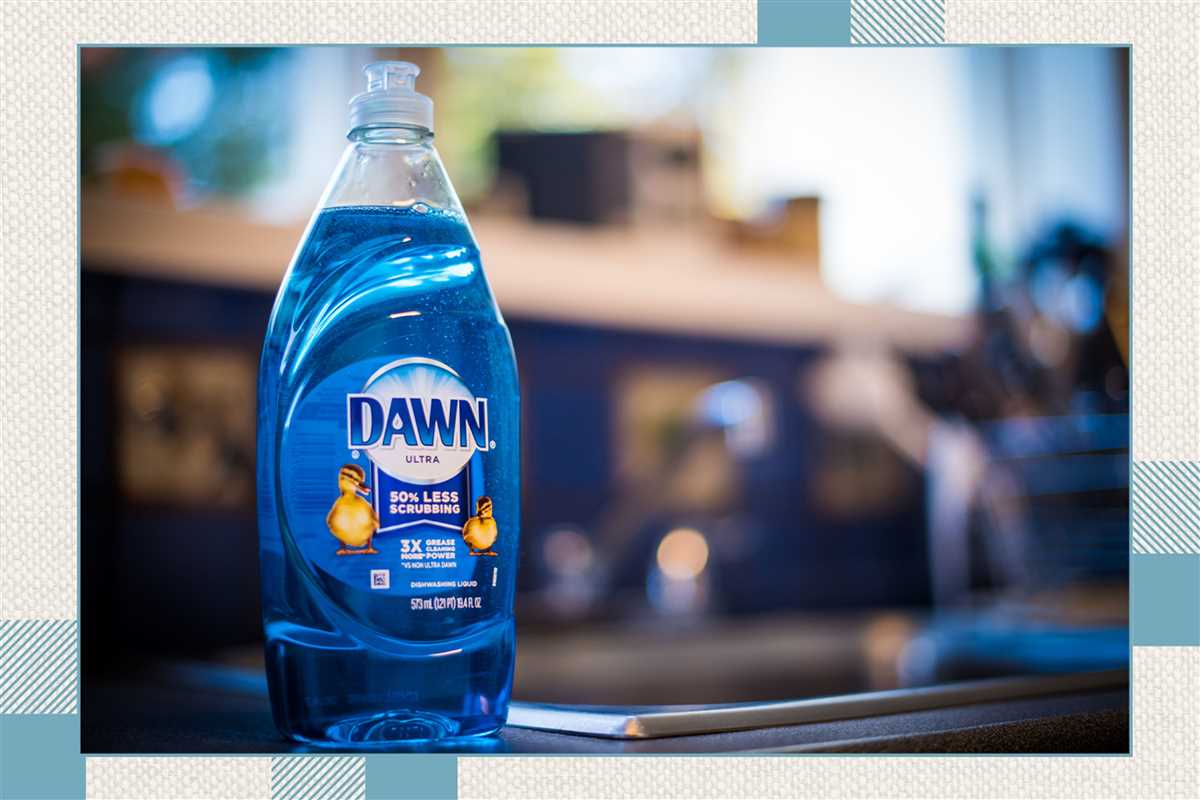
The ingredients used in washing-up liquids and dish soaps can also have an impact on the environment. Some products contain harsh chemicals that can be harmful to aquatic life when they enter waterways through drainage. Choosing products with natural and biodegradable ingredients can help minimize damage to the environment.
Biodegradability
The biodegradability of washing-up liquid and dish soap is an important factor to consider. Biodegradable products break down naturally over time, minimizing their impact on the environment. Look for products that are labeled as biodegradable or have a high percentage of biodegradable ingredients.
Water Usage
The amount of water required to rinse off washing-up liquid and dish soap can also have an environmental impact. Using excessive amounts of water can waste this precious resource. Opt for products that require less water to rinse off, or consider using eco-friendly alternatives such as dishwashing machines that use less water than handwashing.
Manufacturing Process
The manufacturing process of washing-up liquid and dish soap can contribute to their environmental impact. Some companies use sustainable manufacturing practices, such as using renewable energy sources or minimizing water and energy consumption. Look for products from companies that prioritize sustainability in their manufacturing processes.
Recyclable and Biodegradable Labels
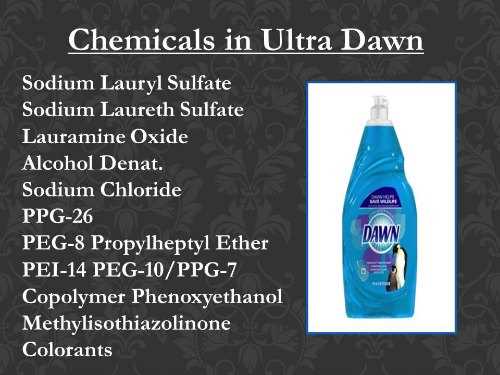
Products that are labeled as recyclable or biodegradable can make a positive difference in reducing waste. These labels indicate that the product or its packaging can be recycled or will break down naturally without harming the environment. Look for these labels when choosing washing-up liquid or dish soap.
| Factor | Consideration |
|---|---|
| Packaging | Choose minimal or recyclable packaging |
| Ingredients | Choose products with natural and biodegradable ingredients |
| Biodegradability | Look for products labeled as biodegradable or with a high percentage of biodegradable ingredients |
| Water Usage | Choose products that require less water to rinse off |
| Manufacturing Process | Look for products from companies that prioritize sustainability in their manufacturing processes |
| Recyclable and Biodegradable Labels | Choose products labeled as recyclable or biodegradable |
FAQ
Are washing-up liquid and dish soap the same thing?
No, washing-up liquid and dish soap are not the same thing. Washing-up liquid is a type of soap specifically designed for washing dishes by hand, while dish soap is a more general term that can refer to any type of soap used to clean dishes, including dishwasher detergent.
What are the main differences between washing-up liquid and dish soap?
One main difference between washing-up liquid and dish soap is their intended use. Washing-up liquid is designed to be used for hand-washing dishes, while dish soap can be used in both hand-washing and dishwashers. Additionally, washing-up liquid tends to produce more foam and suds, while dish soap may be more effective at cutting through grease and grime.
Can I use dish soap instead of washing-up liquid to wash dishes by hand?
Yes, you can use dish soap instead of washing-up liquid to wash dishes by hand. However, dish soap may be more concentrated and powerful than washing-up liquid, so you may need to use less of it. Additionally, dish soap may not produce as much foam or suds as washing-up liquid, but it can still effectively clean your dishes.
Can I use washing-up liquid in a dishwasher?
No, you should not use washing-up liquid in a dishwasher. Washing-up liquid is not designed for use in dishwashers and can cause excessive foaming and damage to your dishwasher. Instead, you should use dishwasher detergent, which is specifically formulated for use in dishwashers.
What are some common brands of washing-up liquid and dish soap?
There are many common brands of washing-up liquid and dish soap available on the market. Some popular brands of washing-up liquid include Fairy, Palmolive, and Method. Popular dish soap brands include Dawn, Palmolive, and Joy. It is always a good idea to read product labels and choose a brand that meets your specific needs and preferences.
Are there any eco-friendly options for washing-up liquid and dish soap?
Yes, there are many eco-friendly options for washing-up liquid and dish soap available. These products are often made with natural, biodegradable ingredients and are free from harsh chemicals. Some eco-friendly brands include Ecover, Seventh Generation, and Method. Choosing eco-friendly options can help reduce your environmental impact while still effectively cleaning your dishes.
Can dish soap be used for purposes other than washing dishes?
Yes, dish soap can be used for purposes other than washing dishes. It can be effective for cleaning a variety of surfaces, including countertops, floors, and even bathroom fixtures. Additionally, dish soap can be used as a stain remover for laundry or as a gentle hand soap. Just be sure to dilute it properly for these purposes and follow any instructions or precautions on the product label.











